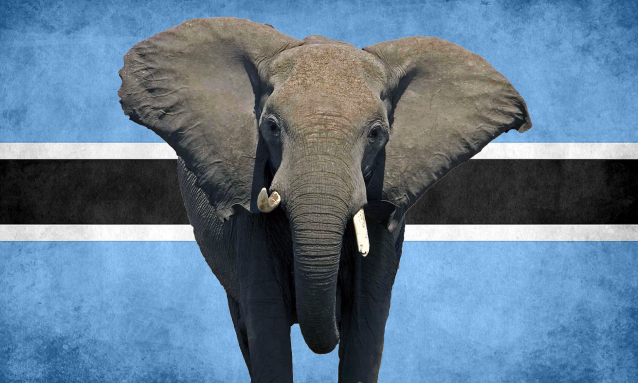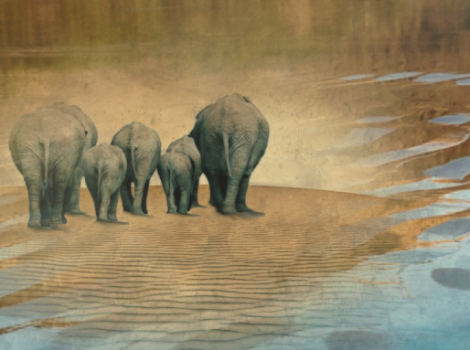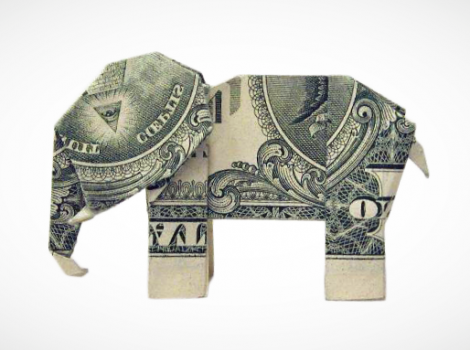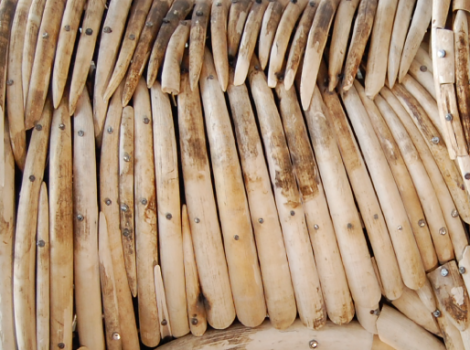
Former President Ian Khama’s fortress in the tourism industry, which disproportionately benefits few of his friends to the detriment of the community at large, is being dismantled every step of the way.
A 10-point plan that seeks the hunting ban to be lifted was handed over to President Dr. Mokgweetsi Masisi on Thursday by the Cabinet Sub-Committee appointed by the president. Led by the Minister of Local Government and Rural Development Frans Van Der Westhuizen, the sub-committee delved into the issue holistically and consulted stakeholders.
Under Khama’s administration, the Ministry of Environment, Natural Resources Conservation and Tourism banned the hunting of wildlife in Botswana in January 2014. The move was widely interpreted as being aimed at bolstering businesses belonging to few of Khama’s friends in the photographic tourism industry – alleged proponents of the ban – to the exclusion of the majority of communities who benefit from hunting.
The ban was imposed ostensibly to shore up Khama’s conservation credentials in the eyes of the international community, especially Conservation International.
 Westhuizen’s committee recommends:
Westhuizen’s committee recommends:
- Lifting the hunting ban.
- Developing a legal framework that will create an enabling environment for the growth of the safari hunting industry.
- Managing Botswana’s elephant population within its historic range.
- For the Department of Wildlife and National Parks to undertake an effective community outreach program within the elephant range for the mitigation of the Human Elephant Conflict.
- Strategically constructing human-wildlife conflict fences in key hotspot areas.
- Demarcating game ranches to serve as buffers between communal and wildlife areas.
- Compensation for damage caused by wildlife, ex-gratia amounts and the list of species that attract compensation be reviewed.
- All wildlife migratory routes that are not beneficial to the country’s conservation efforts be closed.
- The Kgalagadi south-westerly antelope migratory route into South Africa be closed by demarcating game ranches between the communal areas and Kgalagadi Wildlife Management Areas.
- Regular but limited elephant culling be introduced and the establishment of elephant meat canning, including the production of pet food and processing into by-products.
YourBotswana View
It’s interesting and disappointing to observe that over the last few days, some of the most respected the international media platforms have latched onto the last point in the above list of recommendations. It’s also very interesting that this also happens to be the most damning, especially given the recent media uproar that followed the flawed Elephants Without Borders report, which they chose to believe over balancing the story by first engaging the Botswana government.
YourBotswana would like to highlight that this article states these are proposed recommendations, nothing is set in stone at this stage. It’s disappointing that rather than reporting on the situation in its entirety, these media houses have opted to go with the over sensationalised headlines that’ll no doubt lead to another backlash for Botswana.
What’s even more worrying, is that some internal forces with their own agendas are working hard to discredit the government and tarnish Botswana’s name. It’s a crying shame!
Source: sundaystandard.info
Elephant photo by Via/trillmag.com (Artwork by Gary Ashworth)




This is a very informative article on the real story. I believe that this issue needs to be handled with care and given an international coverage of the same prominence as the limited narrative that only focused on the last recommendation. There’s a need to source funds and engage powerful and trusted Media Houses, both locally and internationally so that the voice of Botswana is not overshadowed by inaccurate reporting. Engaging Prince William, The Duke of Cambridge, was a commendable move as this is the family that has proven to care about our Wildlife and the people of Botswana over the years as much as we do.
Many of the points in Westhuizen’s Report make sense, but the culling of elephants does not. Is it not possible to think of other solutions rather than simply killing elephants and turning the corpses into pet food?
Wow! Thank you! I wanted to write something about this on my blog. It explains more than the other reports do.